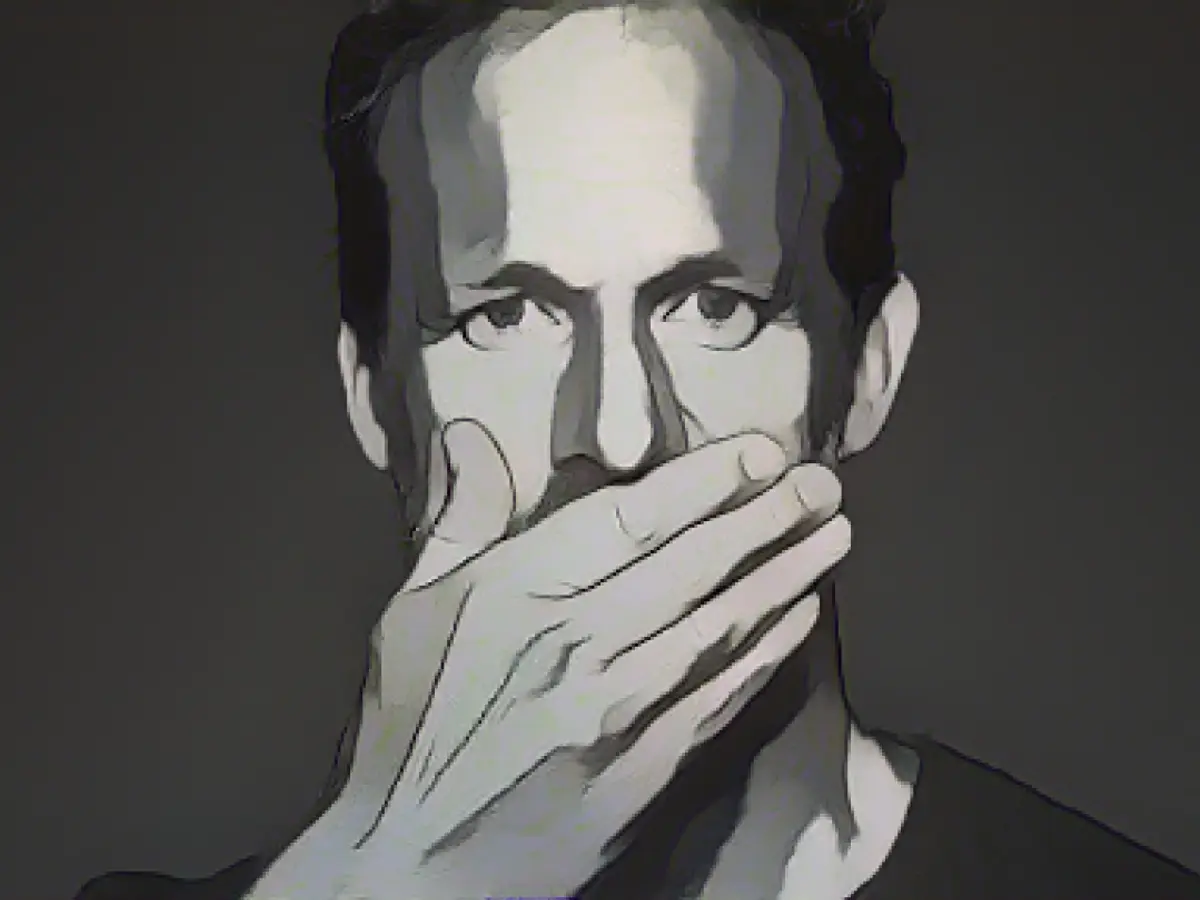The basketball coach has to call a time-out now. The teams need to rethink their strategy and get back on the court with fresh motivation. The social discourse has become intense, and it's essential we take a moment to pause and evaluate.
The hardened front lines in German society are evident after the Hamas terror attacks. It's no longer just about liking Winnetou or trying to coexist fairly with others. It's now a matter of life and death. An example is the recent incident at the Berlin University of the Arts (UdK), where around 100 students protested against the university management expressing solidarity with Israel. Jewish students no longer feel safe there following anti-Israeli protests. UdK President Nobert Palz tried to talk to the protesters, but they only shouted at him, failing to find common ground on condemning Hamas terror.
In an increasingly polarized society, the "new German weepiness" exists. The leftist movement, while fighting for progress, has certain perspectives that make it difficult to find a shared understanding, like when a gender studies icon like Judith Butler sees Hamas as part of a freedom movement. Some leftists criticize Israel for civilian casualties in Gaza but fail to condemn Hamas, which holds its own people hostage. Some argue this is seen as racist to demand condemnation of Hamas, while others fail to express solidarity with Israel's victims.
People want to proclaim their truth without contradiction, turning to social media as their new pulpit. The culture war isn't just an invention of right-wing conservatives, but there are views and ways of thinking that make it difficult to find common ground. The debutant Gil Ofarim's admission of faking a video about alleged anti-Semitism is the sad outcome of this divisive atmosphere, showing how easily people are quick to judge without evidence.
The pressure to be on the right side in any racism, anti-Semitism, sexism, classism, or ableism debate often leads to net activism for books, podcasts, or albums. Unfortunately, this has led to damage in many cases. Societal discussions should be fostered and allowed to evolve, making space for various opinions rather than labeling certain views as racist or hate speech.
Anti-racism work is imperative for any democracy. However, parts of the movement have lost their way ideologically, leading to serious conflicts. The climate is so divisive that even receiving the Nobel Peace Prize or having successful projects doesn't protect individuals from being labeled and discriminated against. The victim-stylization culture has gone too far, resulting in the silencing of many through censorship or threats.
Initial progressiveness has evolved into a locked-in worldview, causing people to reject others' opinions, leading to further polarization and radicalization. For example, successful black author Chimamanda Ngozi Adichie was labeled a TERF (trans-exclusionary radical feminist) by activists because she discussed transgender rights in her book. As a result, people are ostracized for expressing legitimate opinions, driving the other side to radicalize.
Criticism of German politician Annalena Baerbock's position towards the culture war and Israel has sparked outrage, with both left-wing and right-wing news sources attacking her. This backlash is indicative of the polarization and division in German society, making open dialogue challenging.
Reference:
What's the enrichment data? This enrichment data sheds light on the causes and consequences of the ongoing culture war in Germany, including misuse of Holocaust memory, media bias, and polarization. It explains different perspectives and how they contribute to the ongoing conflict, demonstrating that there isn't just one side to blame. Additionally, it highlights how earlier arguments related to the Holocaust have been adapted and weaponized to silence others, creating a toxic climate in German society.





